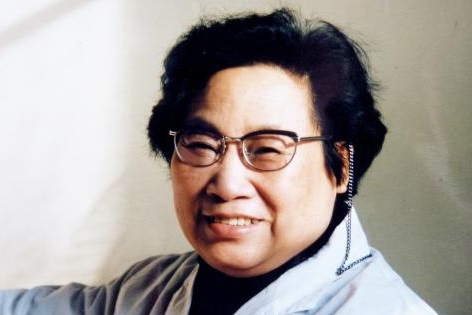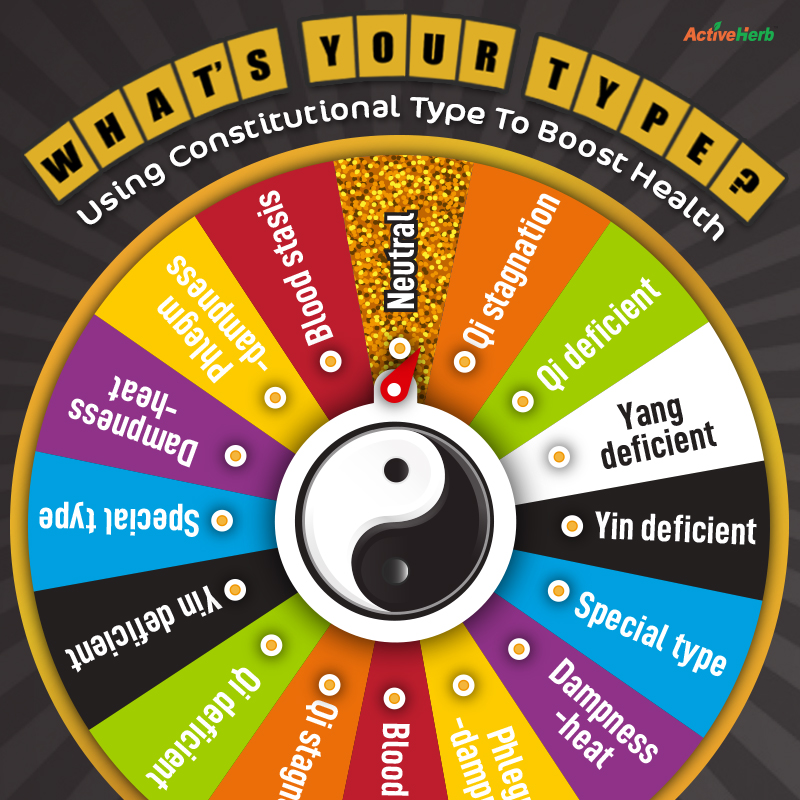Chinese Medicine Researcher Awarded Nobel Prize For Malaria Cure

Yesterday, Tu Youyou was awarded this year’s Nobel Prize for Physiology or Medicine. This is the first time a China-based scientist has won a Nobel Prize in any scientific category.
The prize is a tribute to the discovery of a novel anti-malaria drug called artemisinin. For me the recognition is long overdue. As a biomedical scientist, I got to know the drug almost 20 years ago and felt the prestige it has won in the international biomedical community. For the most part, the drug has saved millions of lives around the world, especially in Africa. Second, the drug represents a chemical structure that was unknown existing before and thus provides insight to new molecules and new drug entities.
The drug has long attracted my personal attention for an obvious reason. It is a natural molecule isolated from a Chinese herb named Artemisia annua or sweet wormwood. The Chinese herb has been used and described in literature since ancient times. So the drug has its origin from the Chinese medicine. In fact, artemisinin is the only drug from China’s pharmaceutical industry that has already won the world acclaim for its originality and health impact before the Nobel Prize. It serves a perfect example of how to draw the knowledge from traditional Chinese medicine and modernize drug development. I joined the admiration on its discovery and endorsed it over a decade ago. The story of artemisinin has been inspirational for many researchers and I am one of them when I switched the career from the mainstream biomedical study to Chinese medicine at ActiveHerb.
While I share the joy of the 84 year old Tu Youyou for being the most critical contributor in the anti-malaria drug discovery, I feel disappointed and embarrassed at where we stand for new drug development from Chinese medicine and in China in general. The discovery was made during China’s Culture Revolution (1966-1976) when scientists were suppressed and scientific research of any kind had to be conducted under extremely difficult conditions. Now 40 years later, China is quickly modernizing and younger generations of scientists are competing on the world stage, yet we are still short of scientific achievements with the same magnitude.
The prize is a welcome news for Chinese medicine and the Chinese people. It may provide some much needed boost in national prestige for science. The prize may also quiet down the criticism that scientific contributions from China are ignored by the world. Ironically, before the news, the Nobel laureate has struggled for recognition in China. She has failed repeatedly in election to become an academician in Chinese Academy of Sciences.
Related reading:
1. The New York Times: Answering an Appeal by Mao Led Tu Youyou, a Chinese Scientist, to a Nobel Prize
2. CNN: Nobel Prize winner Tu Youyou combed ancient Chinese texts for malaria cure






